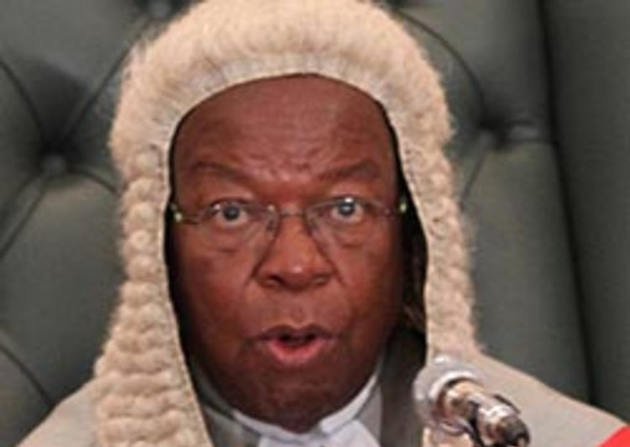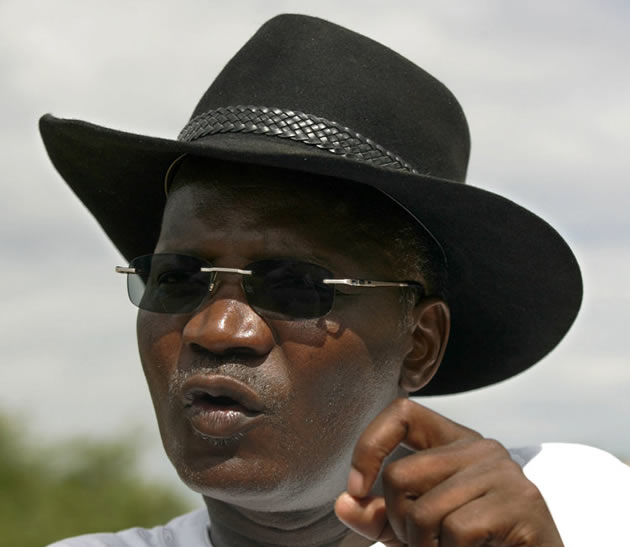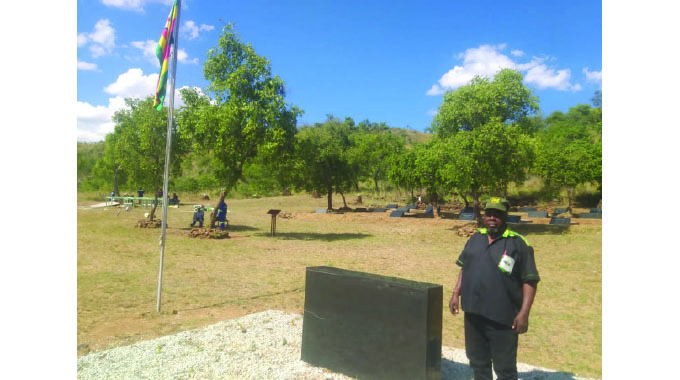EDITORIAL COMMENT: Judicial incompetence inexcusable

WHEN Chief Justice Godfrey Chidyausiku, in a carefully prepared speech opening the judicial year, made public comments on the efficiency and work rates of High Court judges he was voicing what has been common knowledge within the legal profession for many years: some judges are better and hard working than others.
Because of the special position of the Judiciary and the respect it deserves, these views have not been made public. Indeed it is difficult to think of anyone, except the Chief Justice himself, who could voice the shortcomings of some members of the Judiciary without getting into serious trouble.
The fact that the Chief Justice decided to do so implies that he believes that the problem is serious and that the shortcomings must be rectified. This was not an off-the-cuff comment, or something said on the spur of the moment. The head of the Judiciary decided to air the problem in the most important speech he makes in a single year and in a speech that obviously requires careful thought, fact-finding and preparation.
With his long experience as a lawyer, attorney-general, judge president and chief justice, Chief Justice Chidyausiku was clearly aware that his comments would raise a storm, and equally clearly felt that this was worth it. So now the problems are finally out in the open.
It is almost impossible to dismiss or discipline judges. Unless a judge commits a serious criminal offence or is clearly medically unfit they can hold their post until retirement. This is right. Judges must have this independence and the corresponding ability to resist any pressures.
The alternatives to having some inefficient judges are far worse. But we agree with the Chief Justice that inefficiency cannot be condoned even if it has to be tolerated.
All Zimbabwean judges have to be experienced and learned lawyers; although appointed by the President they have been sifted by the Judicial Services Commission and, unlike some world leaders, President Mugabe has never worried much about the past political views of his appointees. But exercising the office of a judge is different from ordinary legal work or pleading cases in a court. Not all first-class lawyers will become first-class judges and some lawyers may well be tempted to see appointment to the bench as a reward for excellence, rather than as a new career which requires a renewed desire to excel.
The judges who criticised the Chief Justice made some partially valid points. The Chief Justice used a single measure, the number of judgments in a year. Judge A may hear a fairly simple case where the law and precedent are firmly established and few facts are in contention; that judge could even hear the case in the morning and write a straightforward four-page judgment in the afternoon.
Judge B may have to wrestle in the next courtroom with a complex case, involving several tricky points of law and a welter of witnesses and disputed facts, needing a week to hear the case and another week to write a difficult 40-page judgment. But these are the extremes and over a year case loads are likely to balance out.
Certainly a ratio of 35-1 in judgments cannot be explained by case complexities. The number of judgments is not a crude measure and is certainly a most important criterion.
Yes judges have other duties, such as reviewing judgments from lower courts and presiding over pre-trial conferences. But it is known that some judges can do the reviews faster and better than others and those who have attended pre-trial conferences know that some judges can cut to the heart of the dispute rapidly and clearly, having already mastered the written submissions, while others are less able to bring the clarity that such conferences are meant to secure. And good judges in one area tend to be good in other areas.
In any case, the Chief Justice was not laying down criteria for hiring and firing. He was rather expressing concerns that have been growing in recent years in legal circles.
Our judges are carefully selected and are all well qualified for high judicial office. This is why inefficiencies are so disturbing. They should not be there when we look at the sort of lawyer appointed to the bench.
So we believe that what the Chief Justice was doing was urging all judges to continue that pursuit of excellence and continue the hard work, that won them their appointments in the first place. We cannot see how anyone could object to this.







Comments